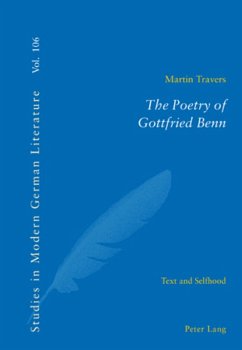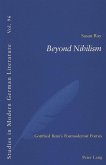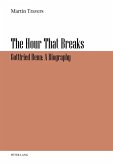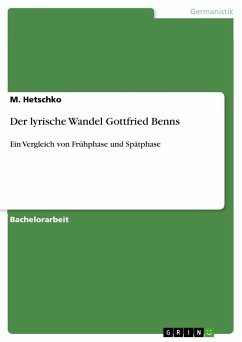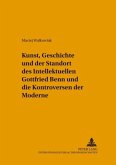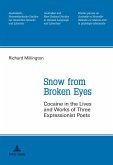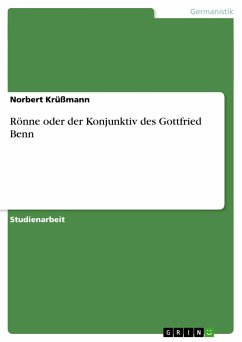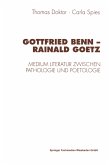This book is the first comprehensive study of Gottfried Benn's poetry to appear in English. It covers the entirety of Benn's verse, from his early Morgue cycle (1912) and Expressionist poems through to the «anthropological» poetry of his middle period to the «postmodern» Phase II work after the Second World War. Against the background of the poet's theoretical writings, this study, drawing upon the classic texts of Benn scholarship, analyzes in detail the major themes of his verse and its distinctive idiom. In particular, this work focuses on Gottfried Benn's extended process of rhetorical self-fashioning, his use of classical iconography, color motifs and chiffres, his often confusing historical semantics, the seemingly self-constituting «absolute» poem, and the colloquial idiom of his late verse. The book also engages with the multiplicity of voices in Benn's work and their varied textual forms, the hermeneutically variable positions of speech that they articulate and the oftencontradictory notion of selfhood to which they give rise.
«...it is refreshing to find a study so seriously concerned with the close reading of poems on their own terms, and Travers's lucid and persuasive analyses will prove indispensable for readers attempting to make sense of Benn's often cryptic German [...]. This is a book one can profitably dip into.» (Helen Bridge, Modern Language Review)

